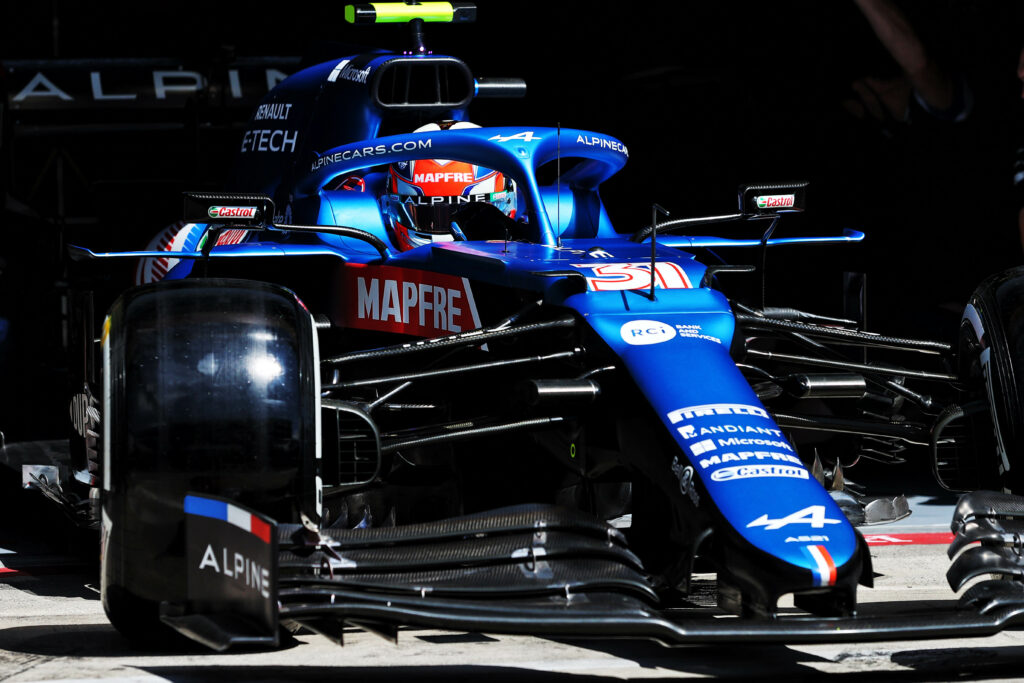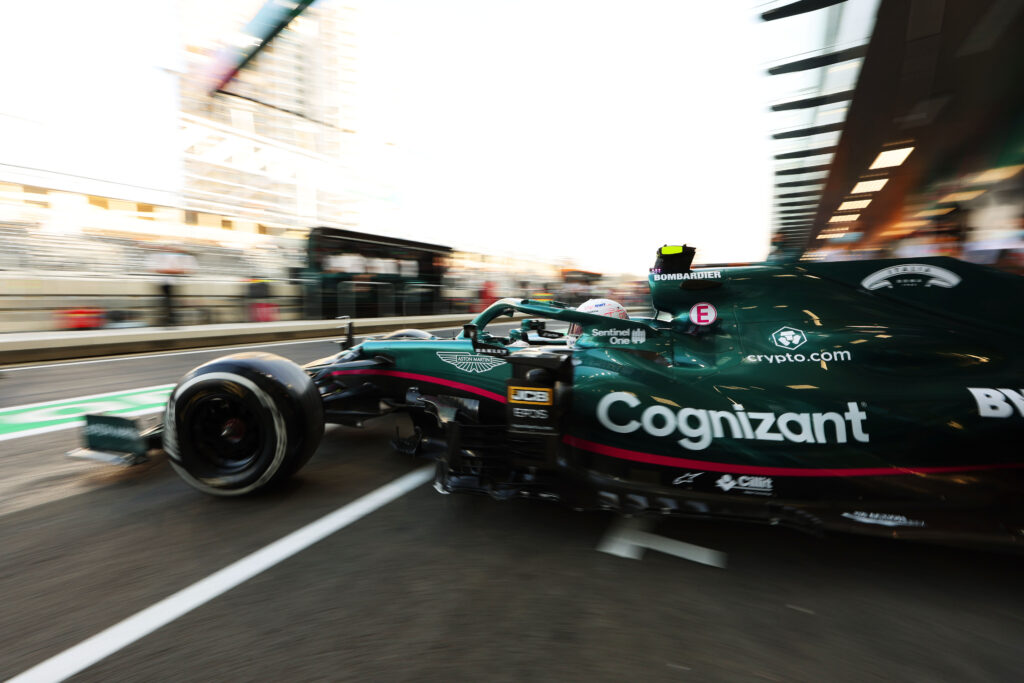Senior marketing executives receive dozens of sponsorship proposals every day. Some of them are very targeted and well-structured, and others are very general and pretty much irrelevant.
So, the question is: how to select what to sponsor when you have several opportunities but a limited budget?
As we mentioned in our previous article, sports sponsorship is very effective because it speaks to the audience in a deeper way, but to do that you need a relevant story. This is exactly where you should start when evaluating several sports properties: the story.
DHL is one the longest-standing global partner of Formula 1 and guesses what their story is: since 2004, DHL has ensured the smooth delivery of up to 2,000 metric tons of race cars, fuel and equipment to Formula 1 venues around the world. An authentic and powerful story that helps the brand to build credibility in the eyes of companies and consumers around the world.

Now that you have the story, you need to look at insights. We are not talking about the 500M unique viewers that watch the sport, but you have to understand how many of them are actually interested in your products and services.
More than half of F1 fans are business decision-makers and they are more likely to work in an IT role than average, do you understand now why technology brands are so involved in the sport? They speak right to their target audience, those who decide which IT services to buy for their company and a Formula 1 sponsorship is one of the best tools to build brand preference.
It is now time to look at more specific aspects which are connected to the people and the culture within properties: some have a highly engaged digital fanbase and produce very creative content thanks to highly specialised professionals, while others have the best hospitality unit and technical integration opportunities. Some have a very flexible and proactive approach to sponsors' requests, whilst others are more protective of their brand identity and reluctant to think outside the box.
This last point is the trickiest one because for a brand is almost impossible to know the ins and outs of that team unless they rely on experts that have been involved in the sport for years and know how teams operate very well.
This is original editorial content from Drive Sports Marketing, an agency specialising in Formula 1 sponsorship, Formula E sponsorship, MotoGP sponsorship, and WEC sponsorship.
Many say that banners and TV ads were the first forms of marketing, but is that true? We can’t give a definitive answer. One thing that is clear instead, is that consumer purchasing habits have changed and positive sentiment towards brands is what is driving consumer preference. That's why there is a growing relevance of sports sponsorship.
As a consumer, is a TV ad in the middle of a tense football match going to generate a positive sentiment? Not really.
Is a banner at the airport going to capture your attention and make you understand what that brand stands for? Not really.
And conversely, as a brand, are these actions bringing your customers into a journey towards buying your products and building loyalty? Can you track who they are? Do you know how engaged they are? Not really.
That’s why, as a brand, you need a tool that speaks to the customers in different ways and at a deeper level. And when engagement becomes much more relevant than plan viewership, sports sponsorship is the tool you need to use.

Nowadays, assuming that sports sponsorship is just about branding is like thinking that the internet is just something that was used during the Cold War to send secret messages.
Sports sponsorship is much more than that.
Of course, some sports like Formula 1 or the Olympics offer billions in media value to their partners but this is just a part of it. The opportunity to produce behind-the-scenes content is very powerful considering that we are a society hungrier for content than for pizza.
Differently, you could use privileged access to the sports events to reward your best-performing employees or to strengthen relationships with key clients. Interesting, right?
Moreover, let’s say you are a technology brand and you want to find an engaging way to talk about the complexities of your solutions and how they bring competitive advantage to organisations, what do you do? Well, you could perhaps integrate your products into a Formula 1 team and have their top engineers and drivers talking about how you make their cars faster via a geo-targeted digital campaign reaching your target audience.
As you can see, there is a growing relevance of sports sponsorship and motorsport is probably where you can find the most diverse and compelling opportunities.
This is original editorial content from Drive Sports Marketing, an agency specialising in Formula 1 sponsorship, Formula E sponsorship, MotoGP sponsorship, and WEC sponsorship.